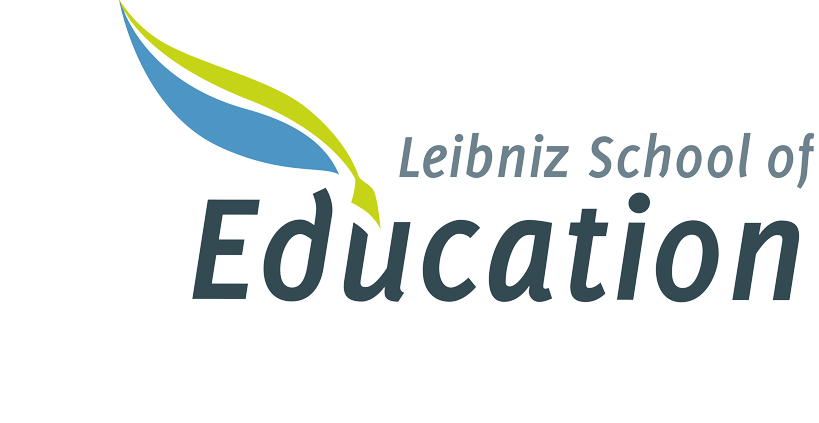The term "Education for Sustainable Development" (ESD) was shaped at the 1992 UN Conference on the Environment in Rio de Janeiro, the birth of the Global Agenda for Sustainable Development - Agenda 21 - as a precursor to the Sustainable Development Goals (SDGs). Education and public awareness were given a key role in achieving sustainable development. What was meant was an education that enables people to understand the three dimensions of sustainability - environment, society and economy - in their complexity and interdependence and to take responsibility for shaping sustainable development.
![[Translate to English:] Graphik zur Roadmap BNE 2030](https://www.lse.uni-hannover.de/fileadmin/_processed_/8/1/csm_Paedagogischer_Rahmen169_2__59767a5b78.png)
![[Translate to English:] Graphik zur Roadmap BNE 2030](https://www.lse.uni-hannover.de/fileadmin/_processed_/8/1/csm_Paedagogischer_Rahmen169_2__d3cc6447aa.png)
![[Translate to English:] Graphik zur Roadmap BNE 2030](https://www.lse.uni-hannover.de/fileadmin/_processed_/8/1/csm_Paedagogischer_Rahmen169_2__9b18056b6f.png) ©
CC-BY-NC-ND 4.0_Visual Facilitators_Björn Pertoft
©
CC-BY-NC-ND 4.0_Visual Facilitators_Björn Pertoft
The United Nations has proclaimed a "World Decade of Education for Sustainable Development" for the years 2005 to 2014, with the aim of anchoring the guiding principle of sustainable development in all areas of education worldwide and promoting ESD projects for sustainable educational landscapes.
With the SDG sub-goal 4.7: "By 2030, ensure that all learners acquire the knowledge and skills necessary for sustainable development (...)", the United Nations has defined ESD as a mandatory field of political action for the first time in 2015. With the mandate to sensitize, strengthen and mobilize people for individual and collective change, ESD is understood as a catalyst of all 17 SDGs.
The subsequent United Nations "World Programme of Action on ESD" (2015-2019) aimed to move education for sustainable development from project to structure, i.e. to anchor ESD as a cross-cutting issue and to bring about systemic change in the education system in the long term.
With the current framework "ESD 2030 - a Roadmap", the United Nations defines an implementation strategy for the years 2020-2030 in the light of the SDGs. Qualitatively, this further development reflects a more radical understanding of ESD, which should also address the conflicting goals and contradictions of the SDGs and the structural and systemic causes of an unsustainable way of life. The aspect of transformative learning of individuals and the collective change of societal structures is in the focus of an ESD that increasingly understands itself as critical-emancipatory education that addresses learners holistically and wants to transform education as a whole.
Accordingly, ESD is not a thematic topic, but rather an educational attitude in the sense of living a sustainable learning culture. Accordingly, the "Roadmap: ESD 2030" defines the systemic transformation of learning and teaching environments in the sense of the whole-institution approach ("learning how we live and living what we learn") as well as the competence development of lecturers and multipliers ("equipping them with the knowledge, skills, values and attitudes required for the transformation towards sustainability") as two of the most important fields of action.
ESD refers to lifelong learning in all areas of education. The formal education system - school, vocational training and higher education - is of particular importance, as it is the central place of socialization that shapes the development of adolescents and young adults. The question of what knowledge, world views, values, identities, emotions, skills and relationships are fostered in learners in a world in crisis and upheaval is crucial for the transformational (in)capacity of society.


